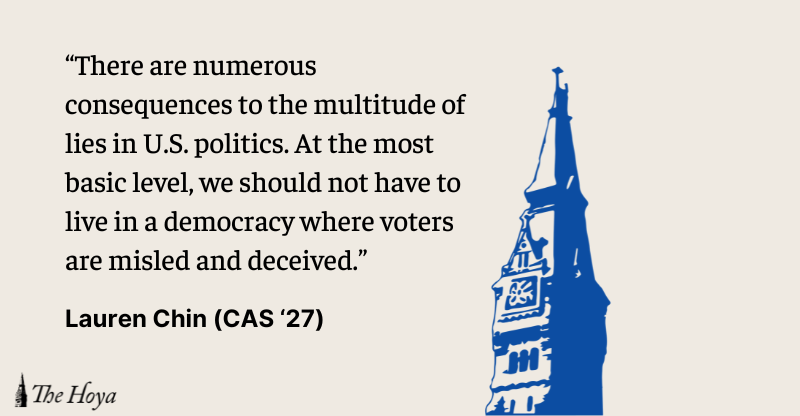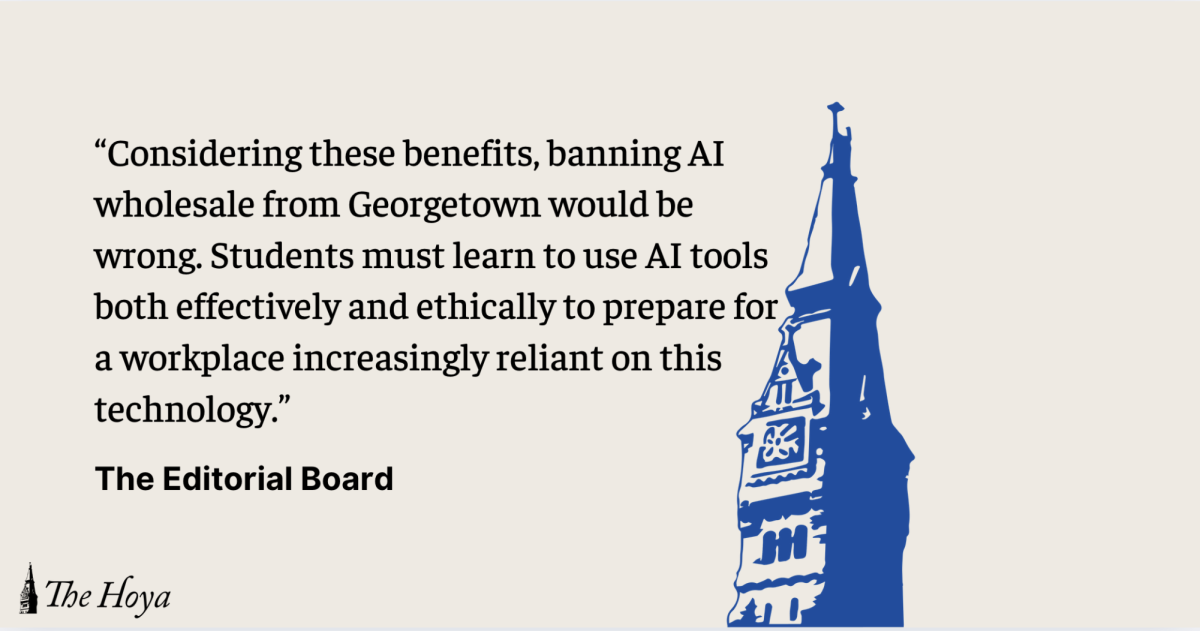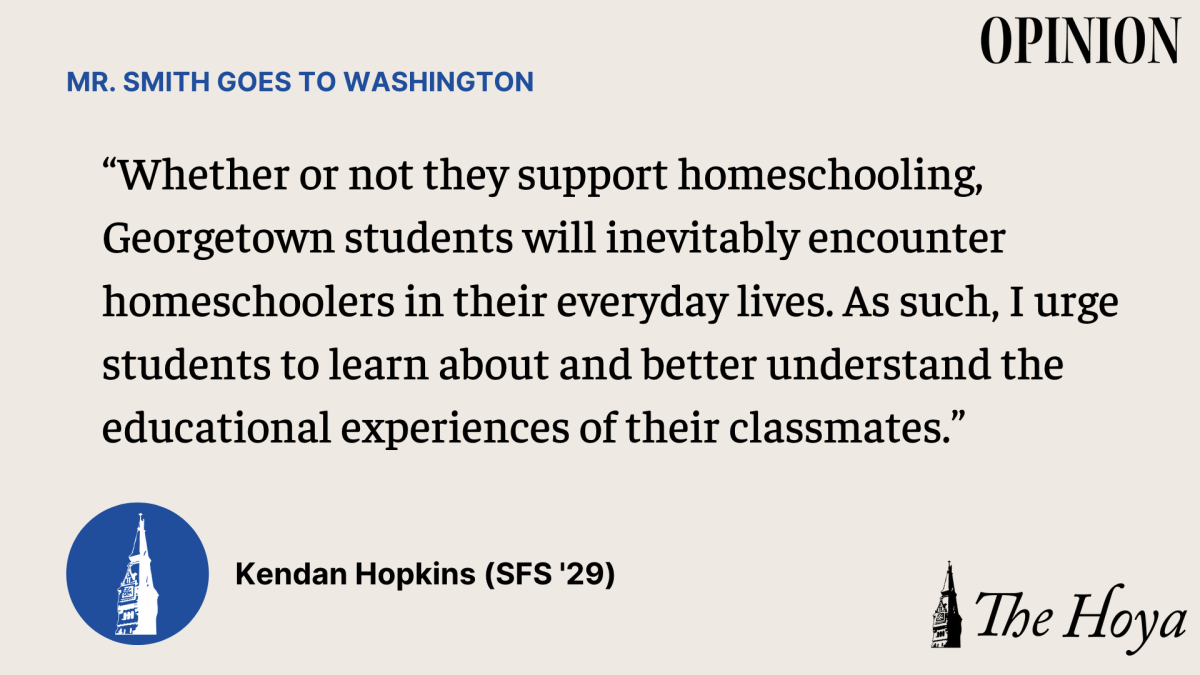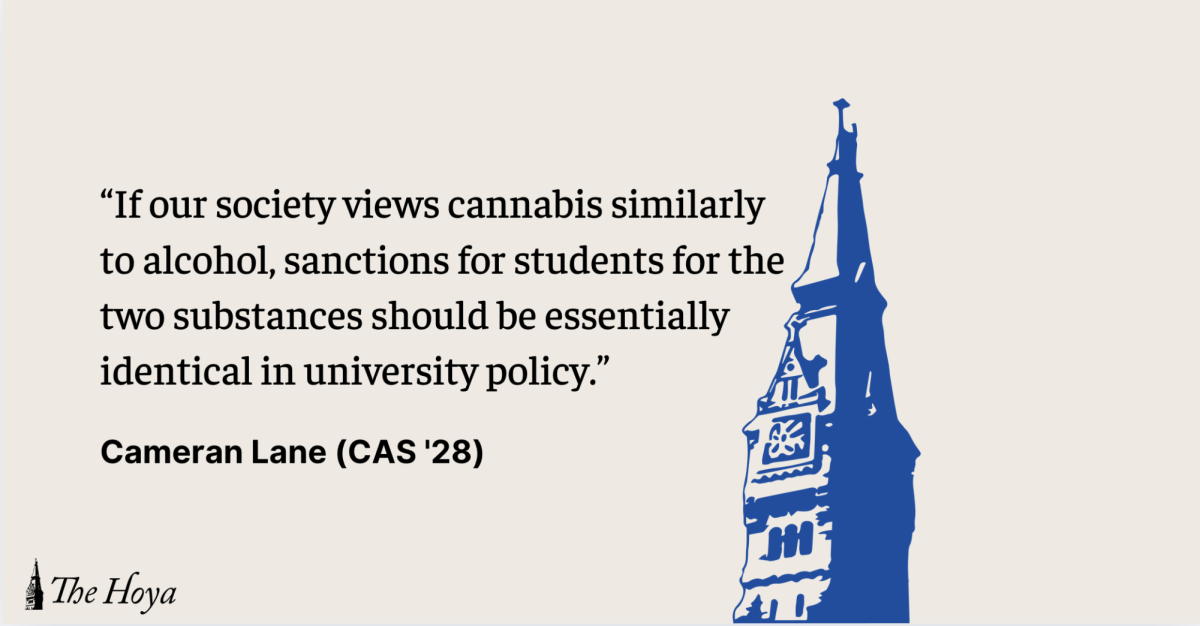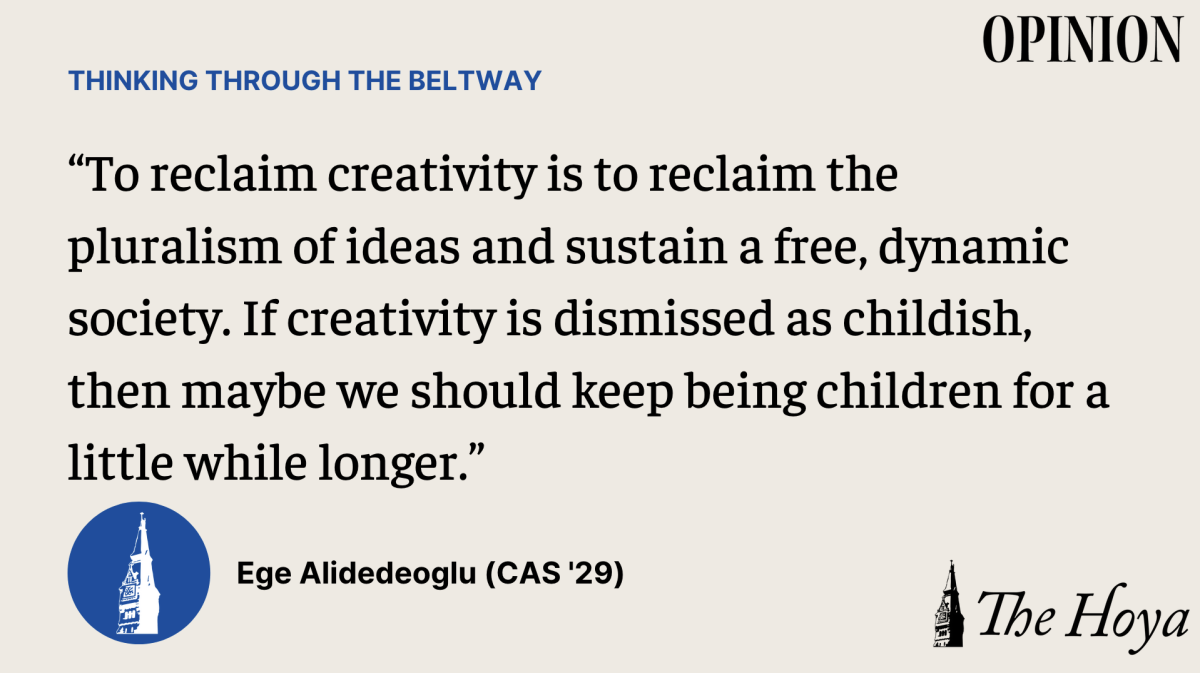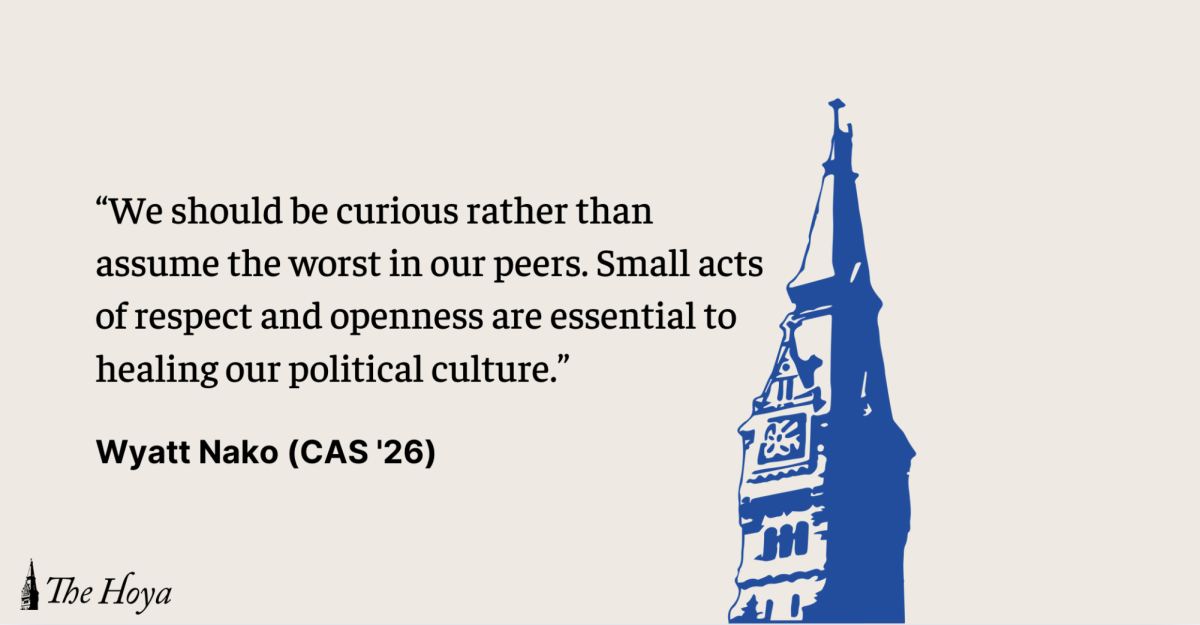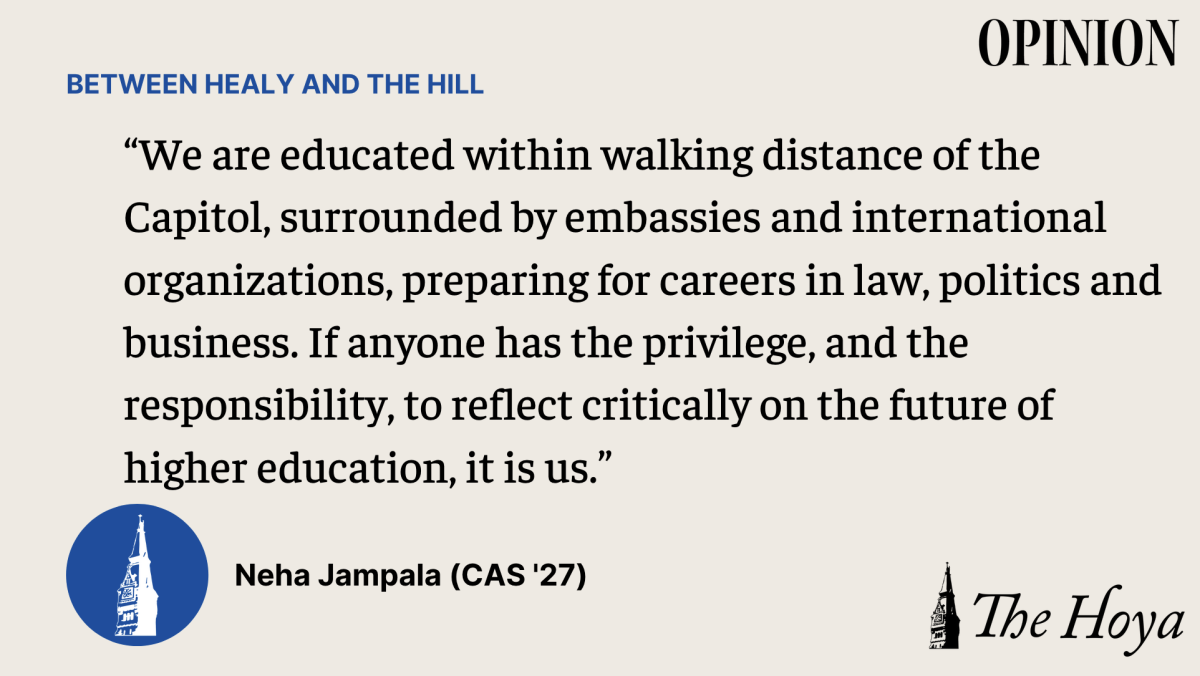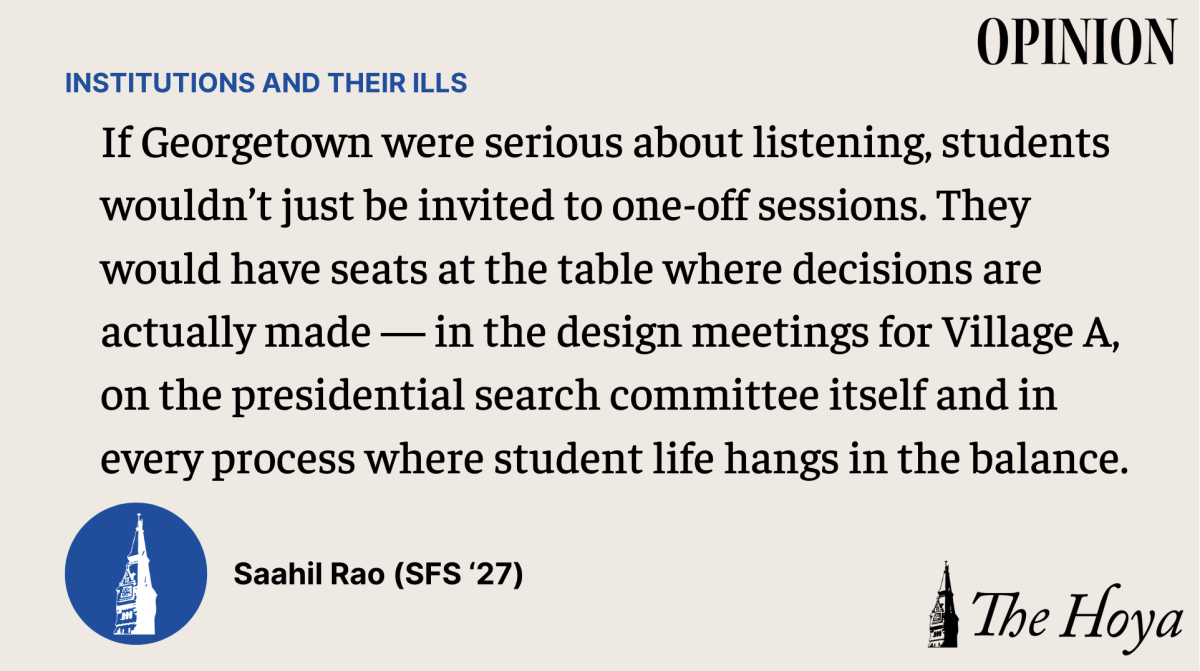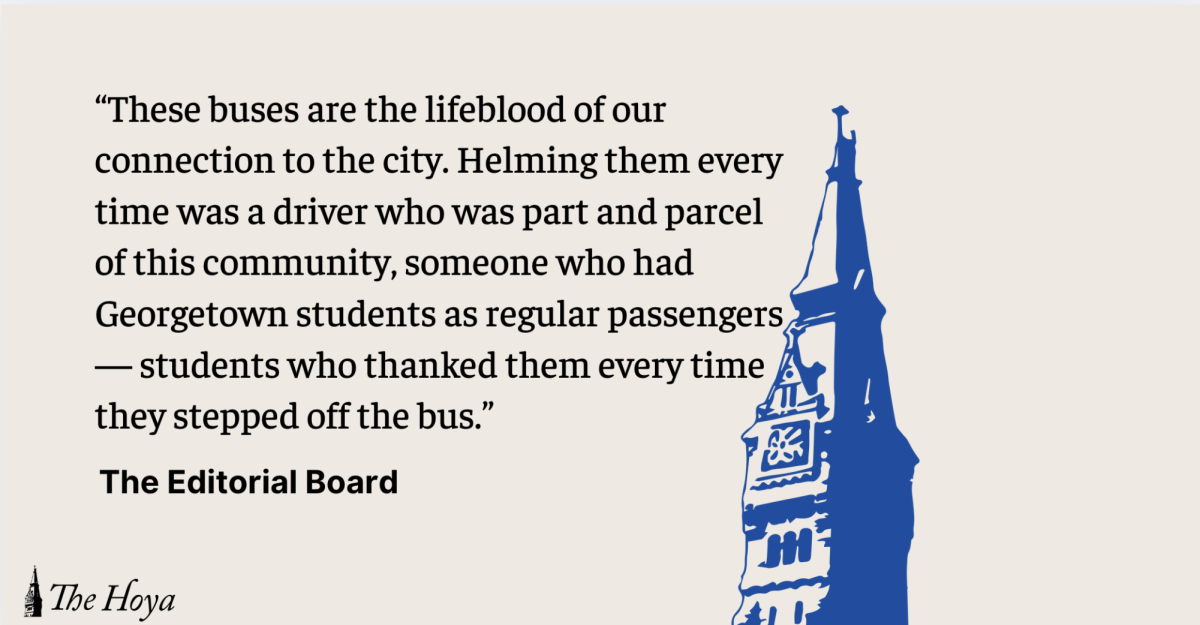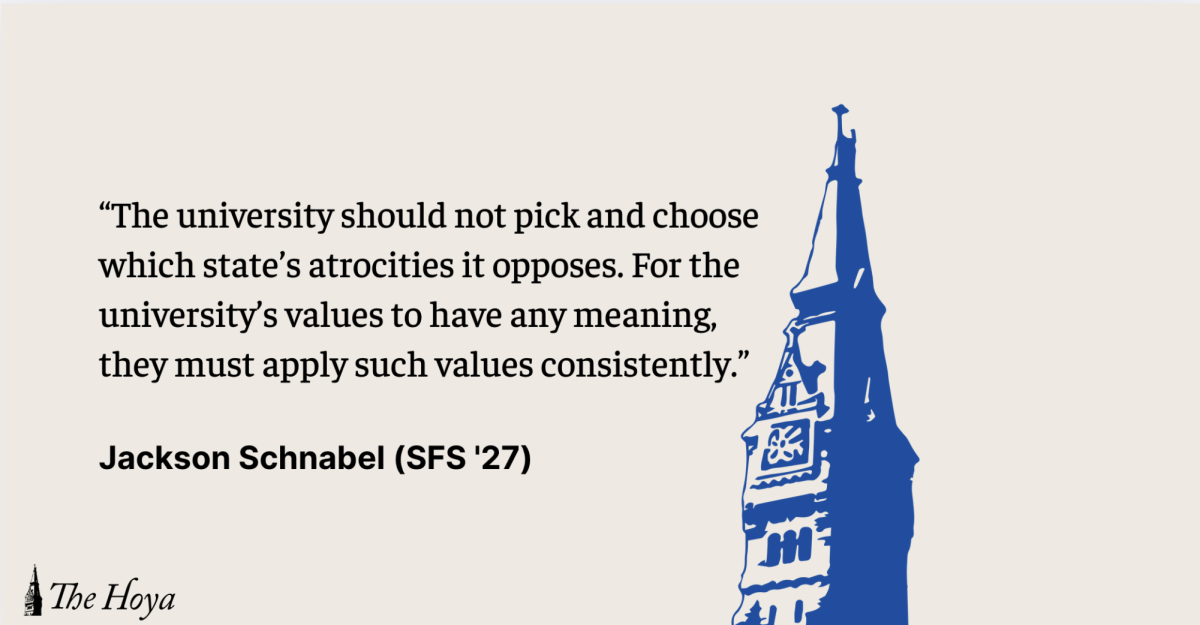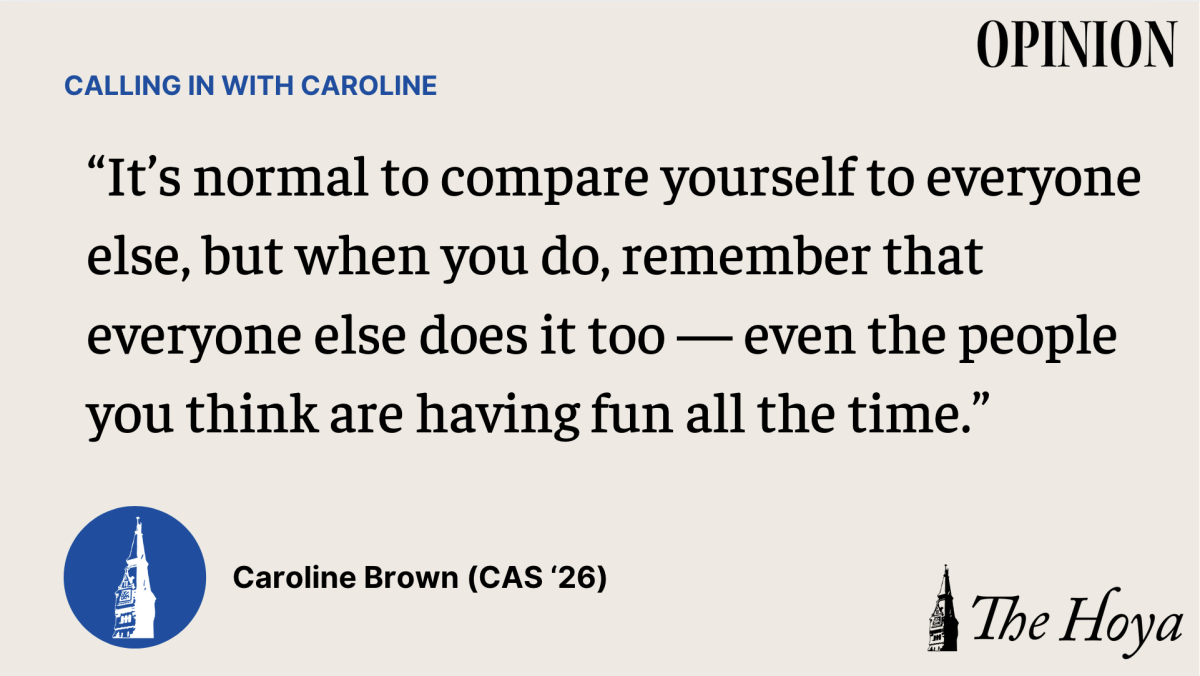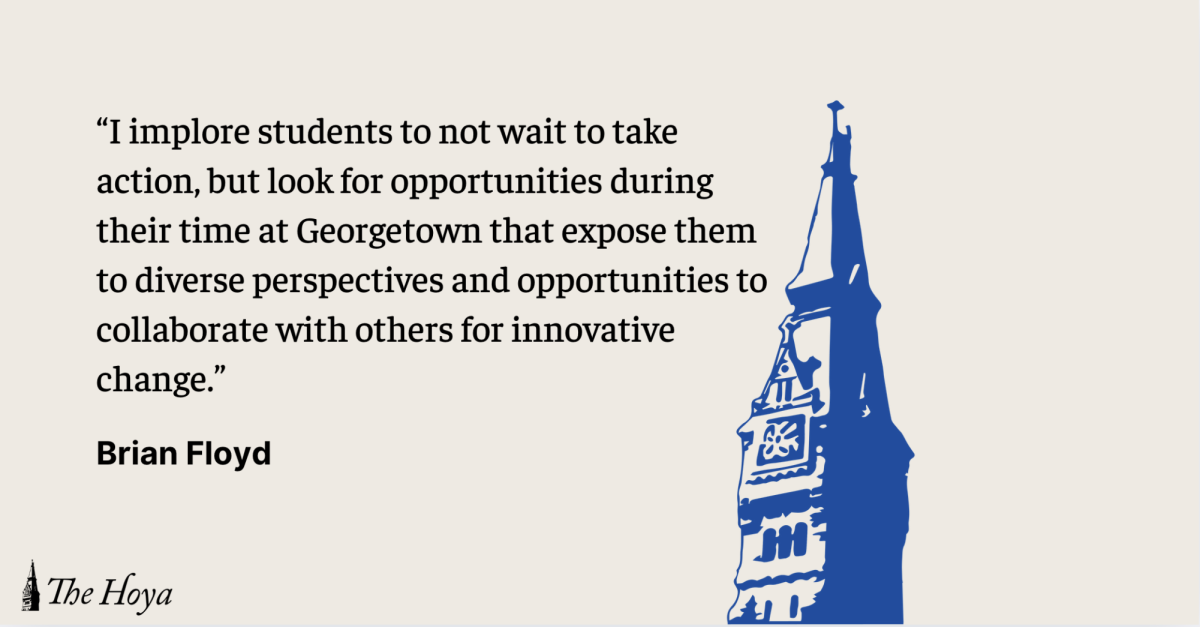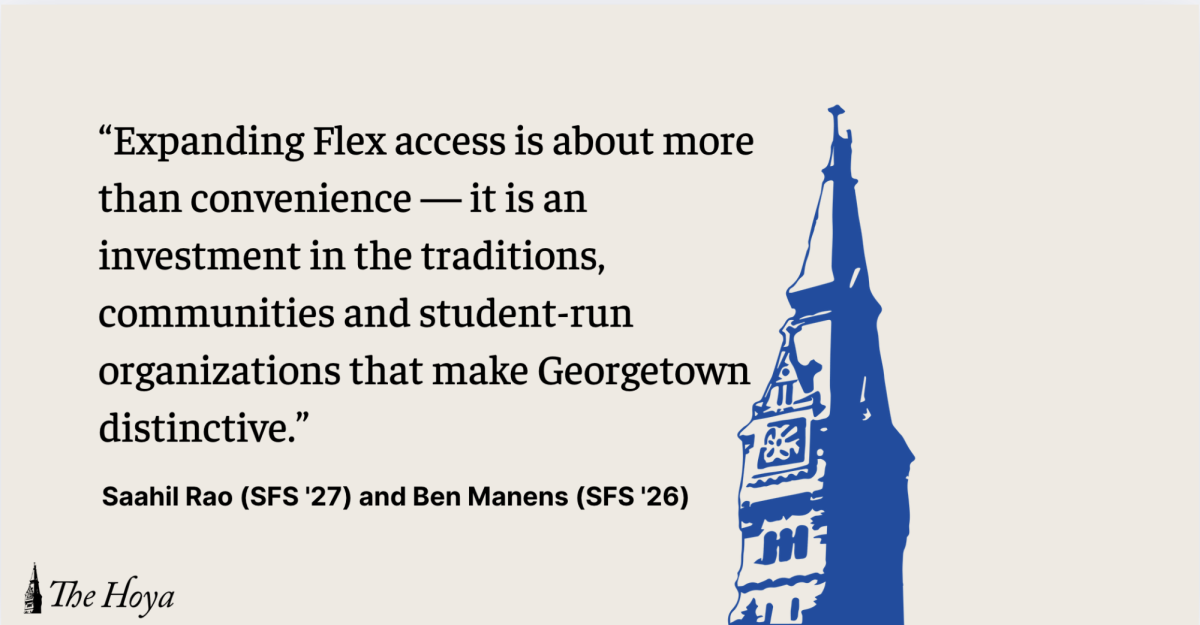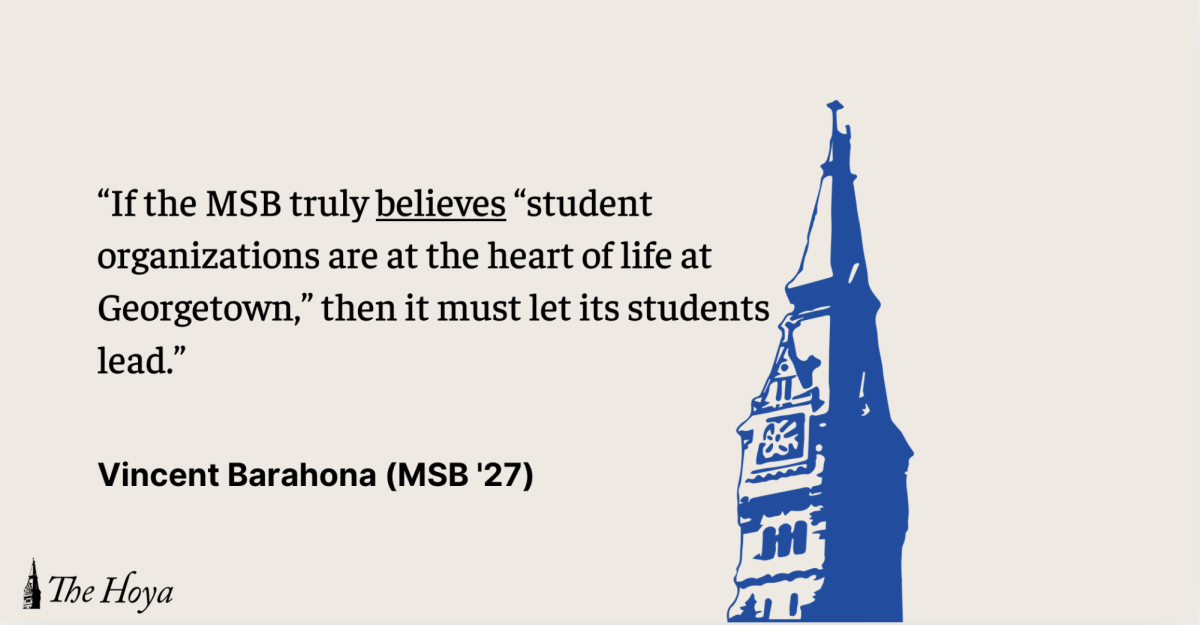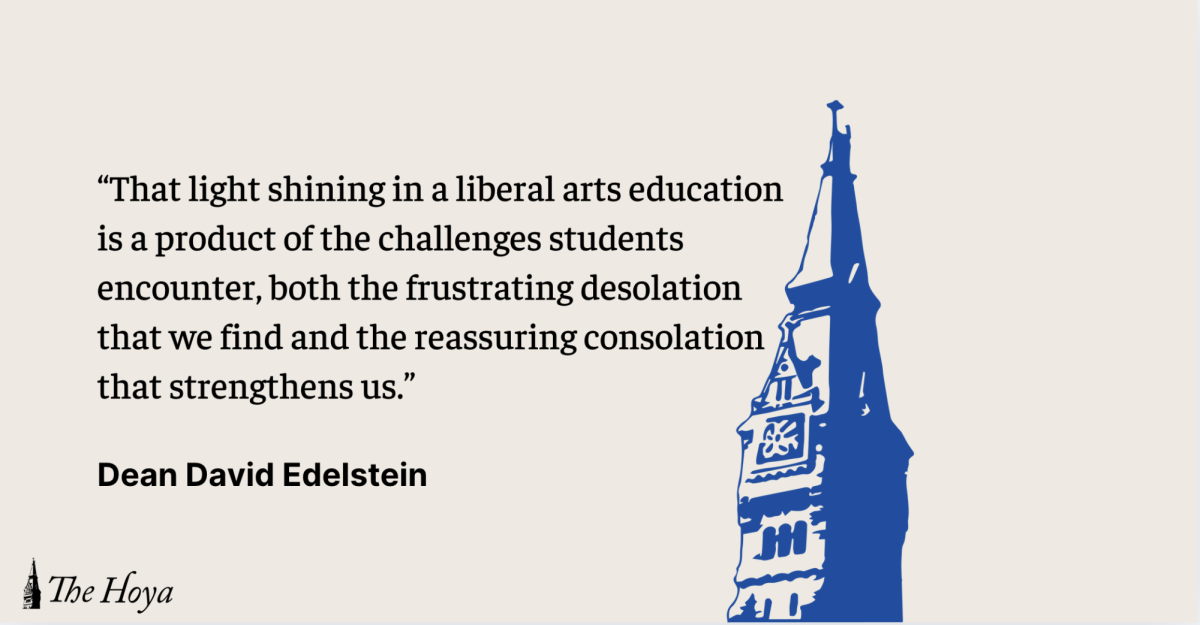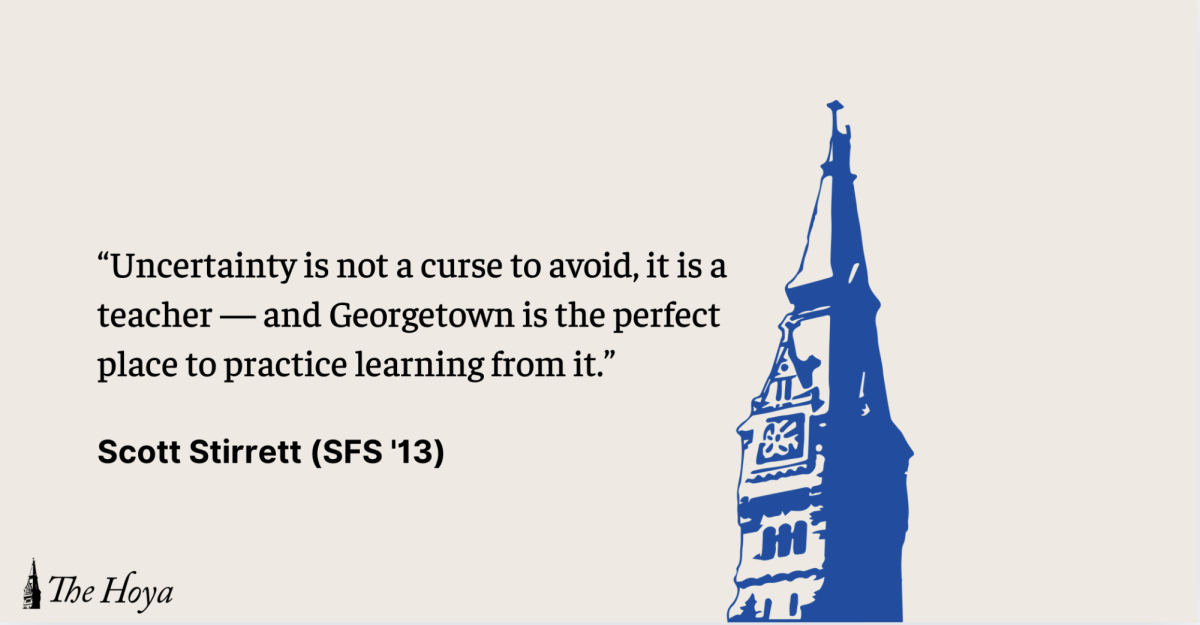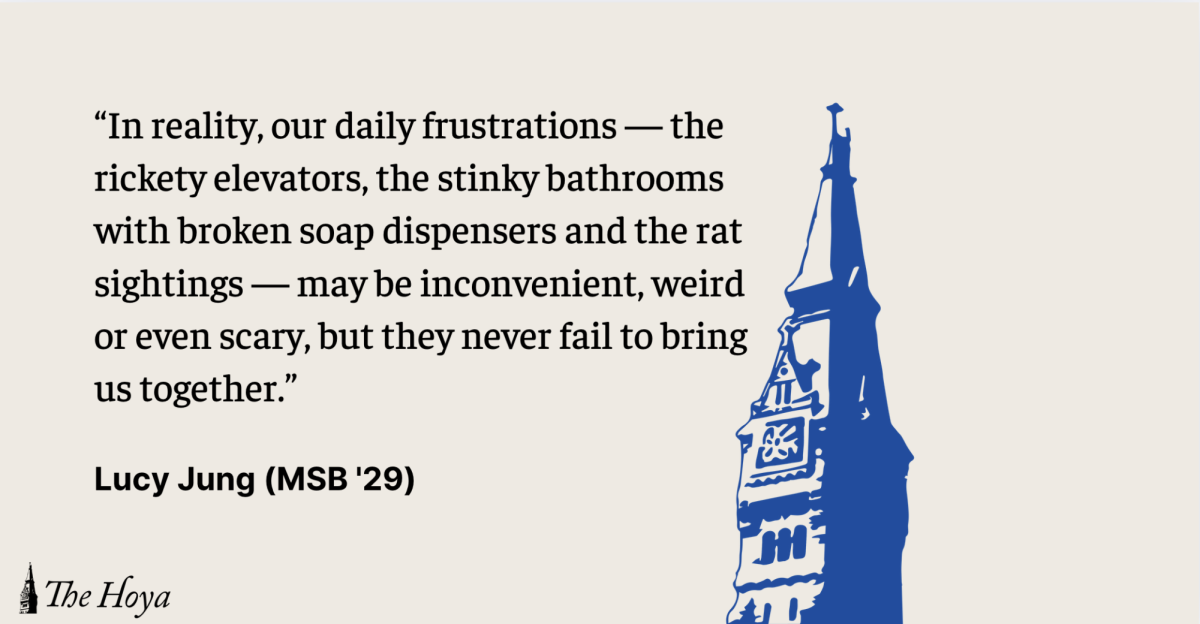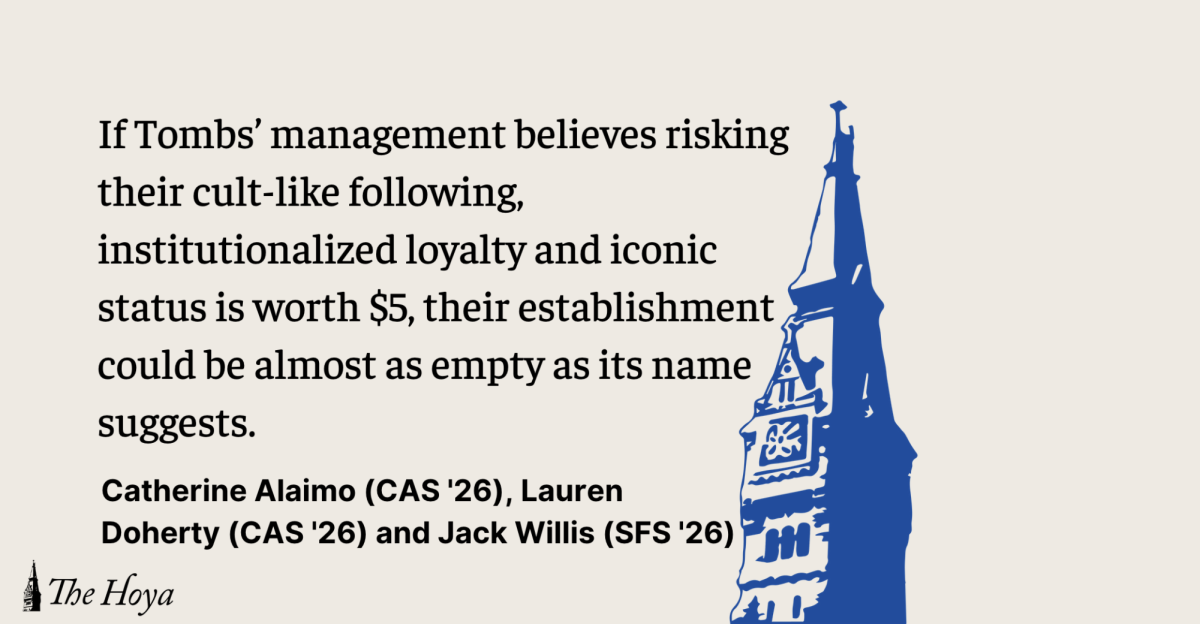Though our constitutional right to free speech may lead us to overlook the occasional mistruths of politicians, we in the United States must acknowledge the dangerous role of words in shaping reality. As referenced as far back as Plato’s “Gorgias” dialogue, the political deployment of rhetoric has been prophesied as leading to injustice. In light of the upcoming presidential election, we must examine the consequences of word choice and rhetoric surrounding the contentious topic of immigration.
Immigration remains a critical voting issue for roughly 61% of voters, so it’s no surprise that politicians take a vocal stance on the topic. Too often, these stances are backed by false information. Recently, Senator J.D. Vance (R-Ohio) referred to the population of Haitian immigrants living in the United States as “illegal aliens,” despite their protected legal status, and stated that a second Donald Trump administration would deport these individuals. This statement ignores the lawful channels that Haitian immigrants have long utilized to move to the United States under a program that has existed since 1990 and was expanded by Joe Biden’s administration in response to severe political instability in Haiti.
Other examples of harmful political rhetoric include a slate of former President Trump’s rallies and speeches across the month of October analyzed by CNN, where Trump shared at least 28 separate lies about immigrants and immigration policy. Along with his running mate, the presidential candidate spread a debunked conspiracy theory about Haitian immigrants, claiming during the September presidential debate that migrants are eating residents’ dogs and cats. Moreover, his remarks about “migrants attacking villages and cities,” immigrants having “bad genes,” and exaggerations about the migrant population only served to increase the fear and stigma around immigrants.
There are numerous consequences to the multitude of lies in U.S. politics. At the most basic level, we should not have to live in a democracy where voters are misled and deceived. But more importantly, the spread of misinformation has resulted in the dehumanization of immigrants and communities of color.
Communities of color, mainly Latin American communities, are heavily affected by perceptions of illegality and misinformation about undocumented immigrants. For instance, studies have shown that stereotypes about undocumented immigrants simultaneously reinforce negative stereotypes about Mexican immigrants, especially perceptions of threat and danger. The belief that all immigrants across our southern border are dangerous criminals, drug dealers and thieves only serves to isolate our fellow citizens and humans.
In the case of undocumented immigrants, the rhetoric surrounding “illegal aliens” makes it all too easy to forget that these people are human too. Referring to actual people as non-human disasters, like “surges” or “floods” of immigration can similarly result in the dehumanization of immigrants. Regardless of political opinions, we must still empathize with our fellow humans. No individual should have to live in detention camps at the border or face military confrontation simply due to a desire to improve their lives.
The most recent instance of undisguised, unapologetic lies toward Haitian immigrants is only a reminder of how true equality still lies outside of the general public’s grasp. Though our society is meant to have progressed throughout the past few centuries, recent events echo a long-standing history of racism. This specific lie emulates the stereotype about Chinese immigrants eating pets, which dates back to the 1800s, and other similar prejudices toward immigrant dining habits. It’s unfortunate to witness how little our society has progressed regarding stereotypes and true equality.
As long as blatant lies cause tangible harm to fellow humans, our democracy has much to learn from its ancient predecessors like Plato, who recognized in his aforementioned “Gorgias” dialogue that the use of persuasion in politics has real consequences for the viability of a just solution to political issues. We should view the words of politicians and public speakers through a lens of scrutiny and recognize that the impacts of words are influential in maintaining a true “land of the free.” In addition, understanding how our own words can impact beliefs about immigrants and communities of color in our community is equally important. When we acknowledge the damaging effects of dehumanizing terms, we can work to defeat discrimination toward immigrants one phrase at a time.
On the Hilltop, many of us have the unique privilege of accessing resources, information and networks to discern what is true and what is not. The first step in affecting policy is affecting individuals. It’s understandable that many are unaware that their words may be harmful; after all, such terms and beliefs are deeply ingrained in our culture. Nevertheless, if we can hope to make lasting changes in the treatment of immigrants in the United States, we must hold ourselves, our peers and the people around us accountable for the words that they use.
Lauren Chin is a sophomore in the College of Arts & Sciences.


